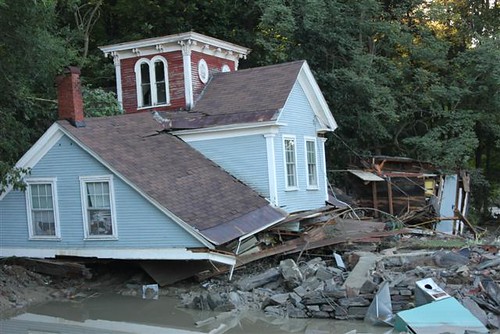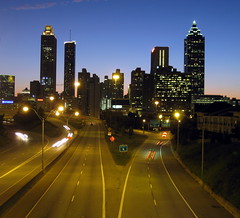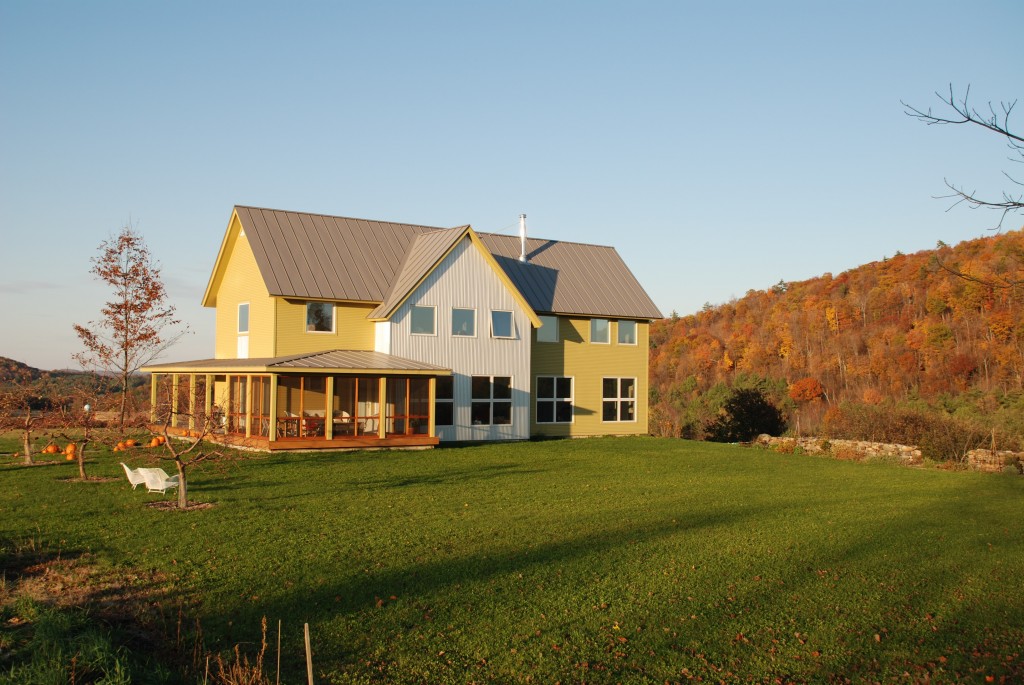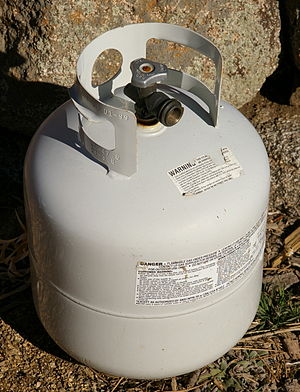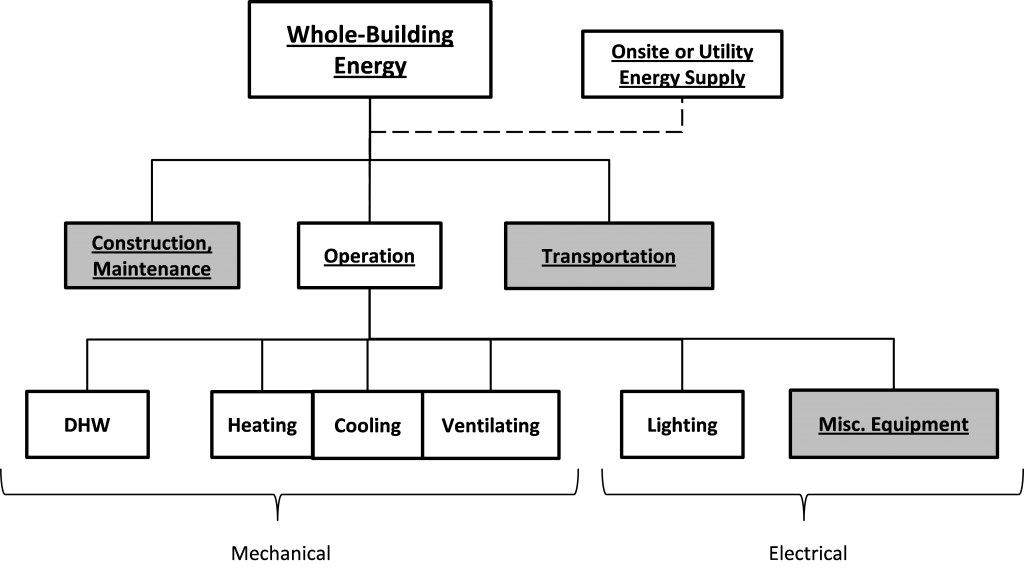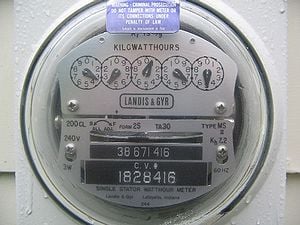Energy performance equals building resilience, or so we firmly believe here at Cx Associates. When we named this blog “Building Energy Resilience” Vermont had recently experienced the devastating effects of Tropical Storm Irene. Now, a year later, we continue to seek ways to ensure buildings can survive severe storms with the least possible disruption. According to Environment America, 4 out of 5 Americans live in areas that have been federally designated as having weather related natural disasters in the last six years! Since the vast majority of us continue to emit more carbon dioxide than can be absorbed by natural systems on the planet, we need to begin to look at the tools available that will allow us to survive the impacts of an increasingly dynamic and unpredictable climate.
4 min read
Energy Performance Equals Building Resilience: Part 1
By Jennifer Chiodo on Sep 19, 2012 6:00:00 AM
Topics: Green Building Building Performance & Technology
3 min read
The Transportation Energy Efficiency of Buildings
By Brent Weigel on Aug 29, 2012 8:00:00 AM
You are probably aware of the substantial energy a commercial office building requires for comfort heating and cooling, ventilation, water heating, lighting, miscellaneous equipment, and elevators. These energy systems are visible because they are metered by utilities and paid for by building owners and tenants. But utility-metered energy consumption is typically a fraction of the total building energy impact. Transportation activity is a major component of what I and others refer to as “whole-building” energy consumption.
Topics: Green Building Energy Efficiency
3 min read
Benchmarking is Good for Everyone
By Jennifer Chiodo on Aug 22, 2012 6:00:00 AM
Benchmarking is on my mind. I've been reviewing the project submissions for the Vermont’s Greenest Buildings Awards and am so impressed by what some teams are achieving in designing and operating energy efficient buildings that use far less than “typical” buildings. The only way we can know how good (or bad) our buildings are is to benchmark them. Benchmarking is a process where we calculate the annual energy intensity (kbtu/sf/yr) – adjusted to reflect weather variations from “normal” which is known as “normalizing” the data for weather. This number is like the building’s miles per gallon and can be used to find out whether the building is an energy sipping hybrid, a typical mid-sized sedan or a guzzling SUV.
Topics: Green Building Standards and Metrics
5 min read
Summer Barbecue With the Refrigerant R-290
By Ben Fowler on Aug 8, 2012 6:00:00 AM
Over the weekend I connected a tank of the refrigerant R-290 to my gas grill, fired it up, and had some delicious fresh grilled Vermont sweet corn on the cob. Very tasty.
Topics: Sustainability Green Building
4 min read
Is “Whole Building” Energy Consumption Whole?
By Brent Weigel on Aug 1, 2012 6:00:00 AM
It is common knowledge in the architecture/engineering (A/E) professions that buildings consume a large portion of the total energy consumed in the United States (approximately 40 percent)[1]. This awareness serves as an essential motivator for the green building movement and the associated energy efficiency agenda in the A/E industry. As a growing number of building professionals work to improve the efficiency and sustainability of the built environment, it is worth considering how progress toward a more efficient and sustainable built environment may be constrained by industry conventions, standards, and disciplinary boundaries. You can view the industry’s concept of “whole building” energy consumption as one such constraint.
Topics: Green Building Building Performance & Technology
3 min read
Choosing the Greenest Buildings
By Jennifer Chiodo on Jul 18, 2012 6:00:00 AM
The Vermont Green Building Network (VGBN), the Vermont Chapter of the U.S. Green Building Council (USGBC), recently decided to offer an award to recognize sustainable buildings in Vermont. As a VGBN Board Member, I reached out to peers during the award development process and heard a common theme – we need to recognize buildings that have proven energy performance. People stressed this approach because the owners who are hiring architects, engineers and other consultants often can’t tell which ones have the unique expertise and skills that will result in truly high performance buildings. Many owners perceive all professionals who submit proposals as qualified and they use price as the means for selection.
Topics: Green Building Standards and Metrics
5 min read
Can Ground Source Heat Pump Systems Be Considered Renewable?
By Matt Napolitan on Feb 22, 2012 7:45:00 AM
What is a ground source heat pump (GSHP)? A heat pump is an air conditioner that can cool in the summer and heat in the winter. The ground source part means that the heat removed from the building in the summer and the heat added to the building in the winter goes to and comes from the ground.

